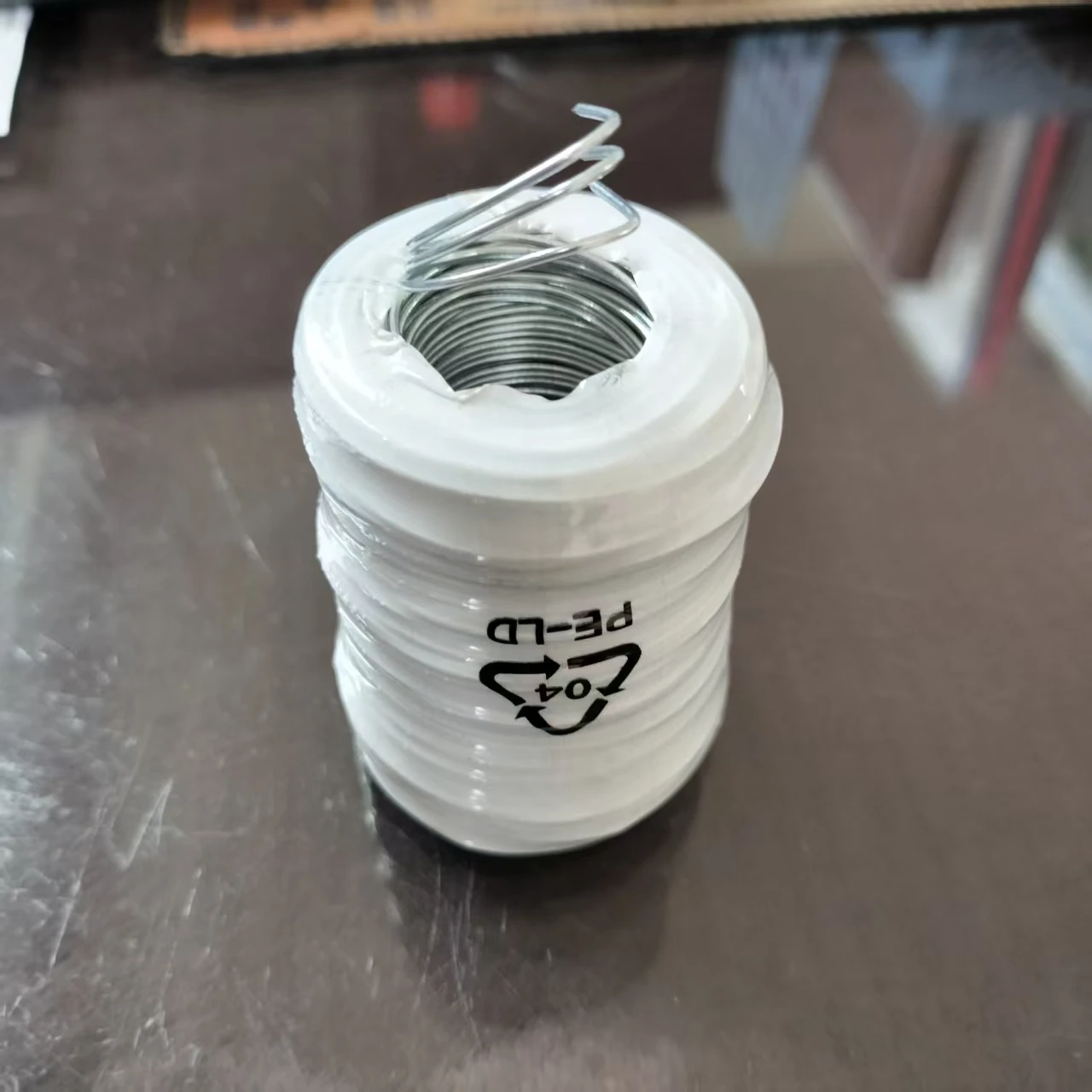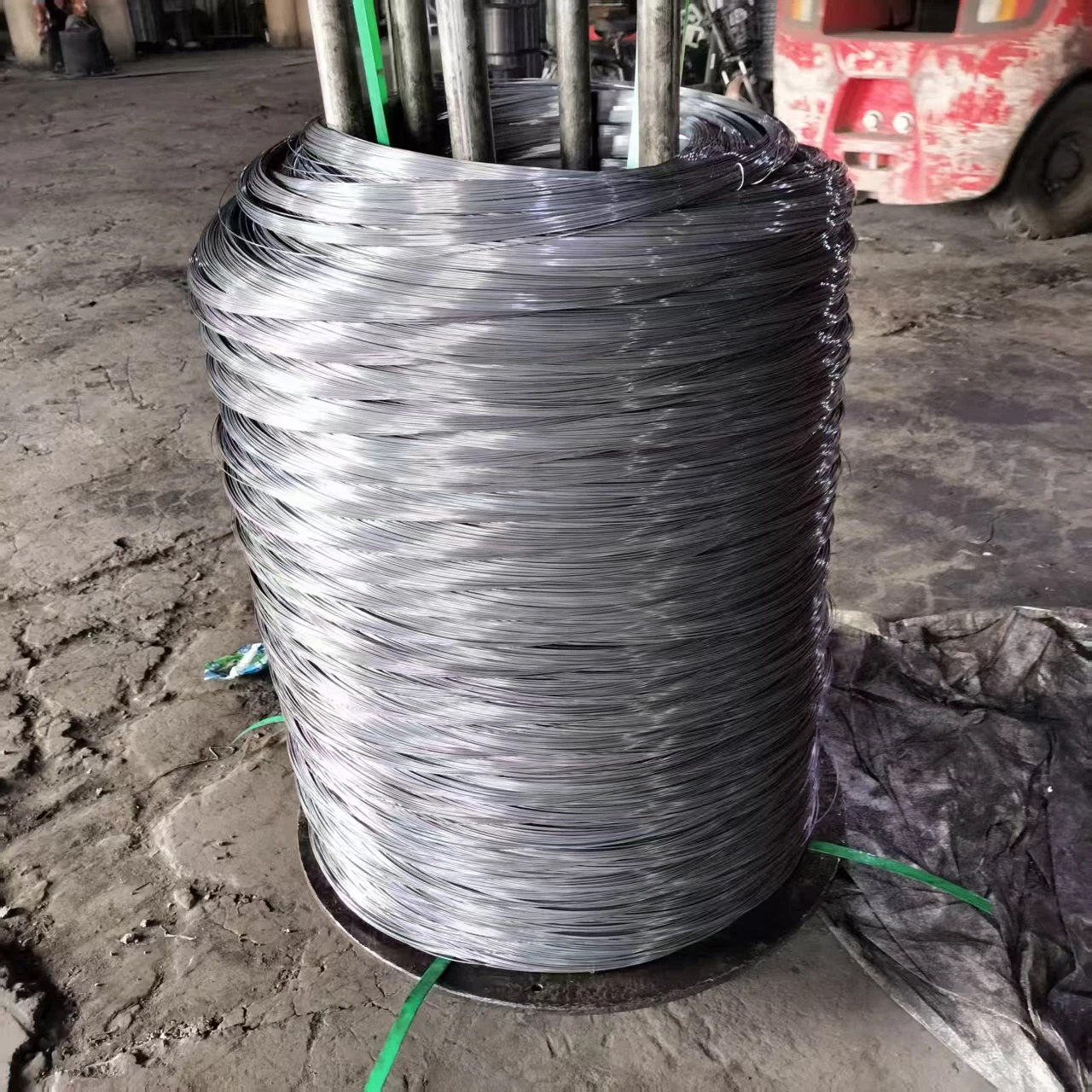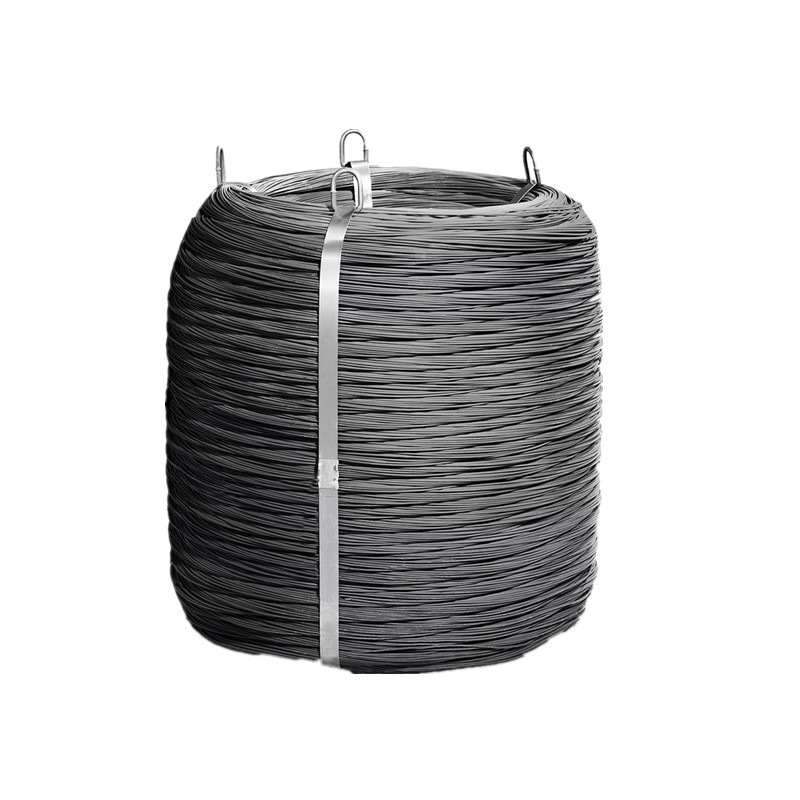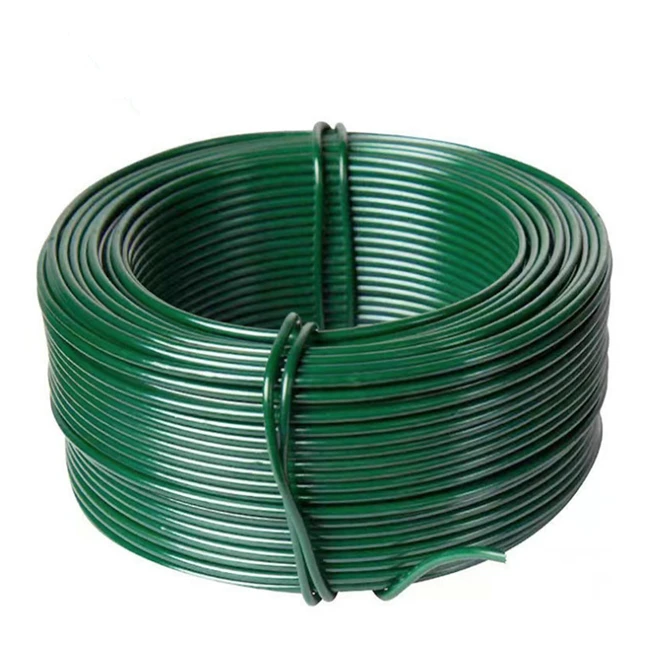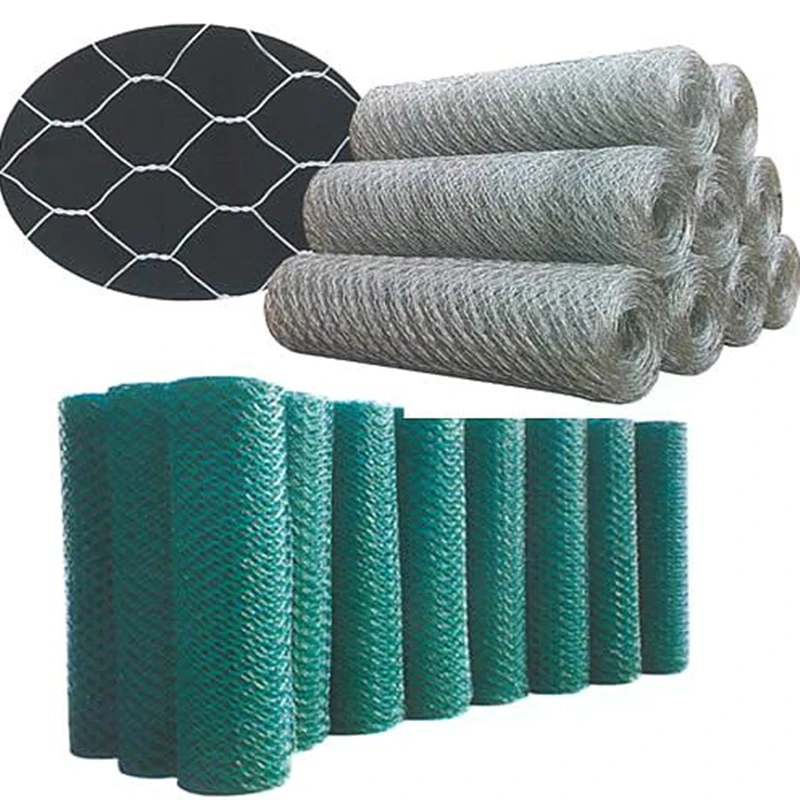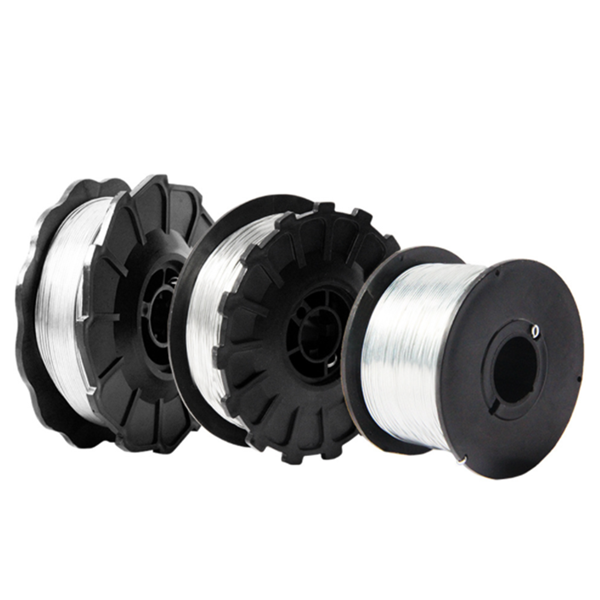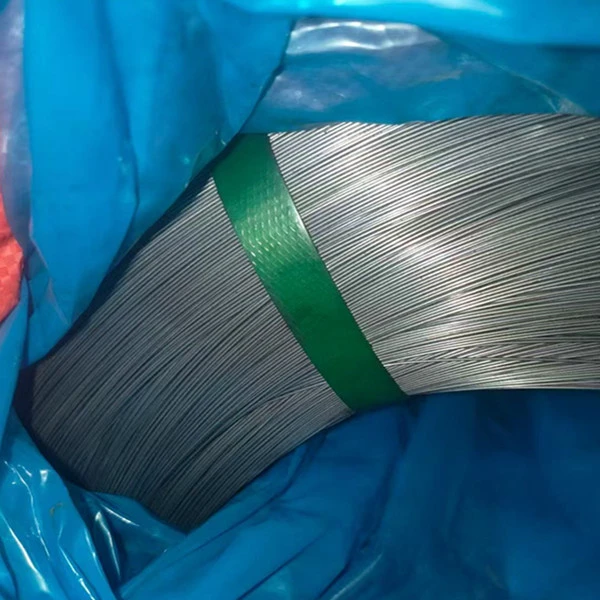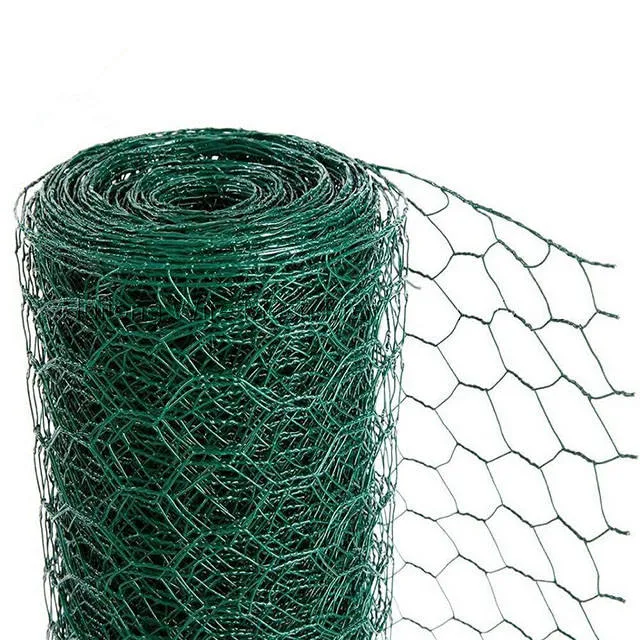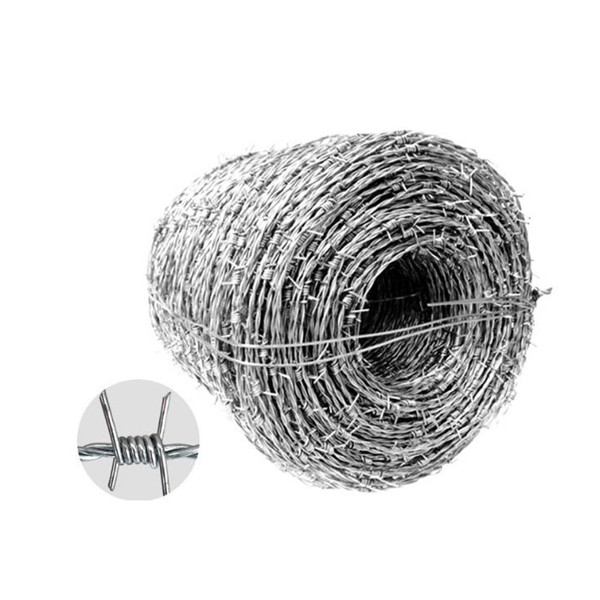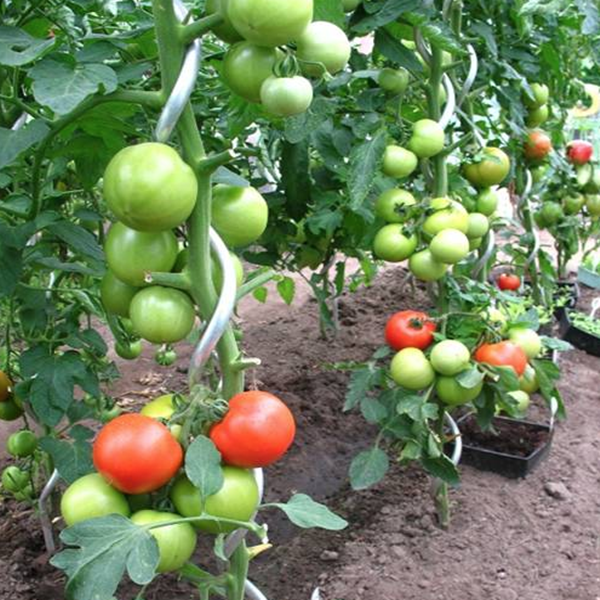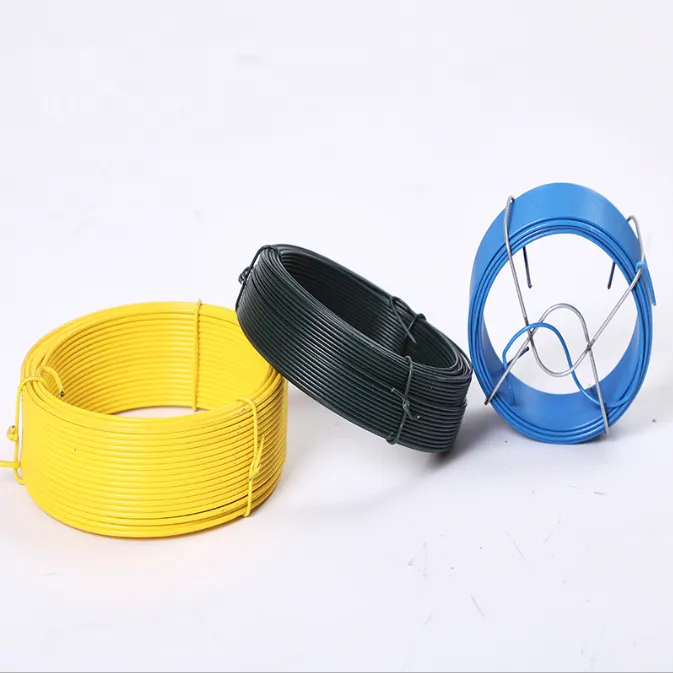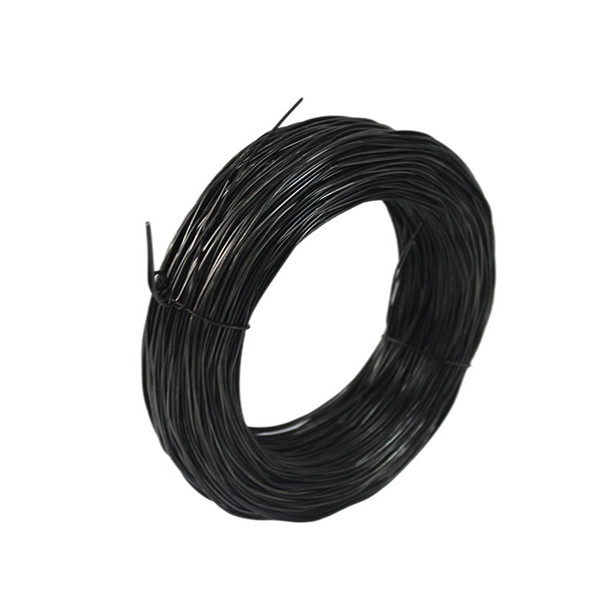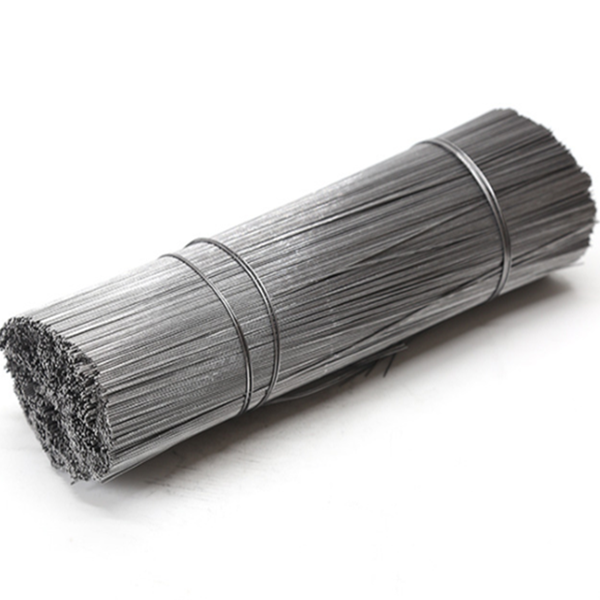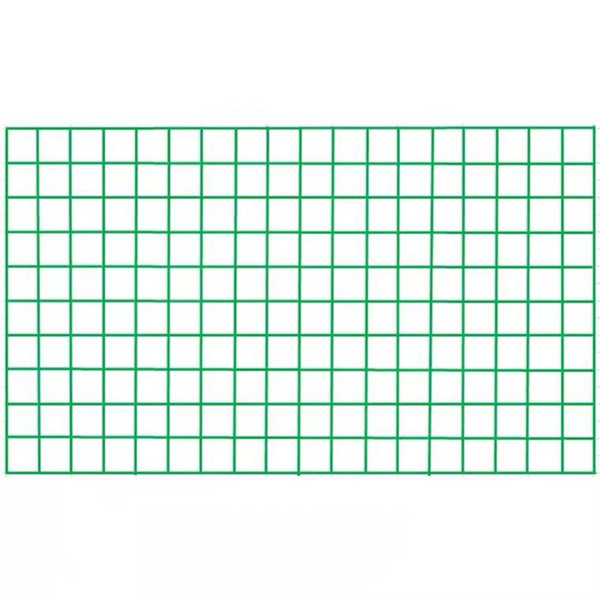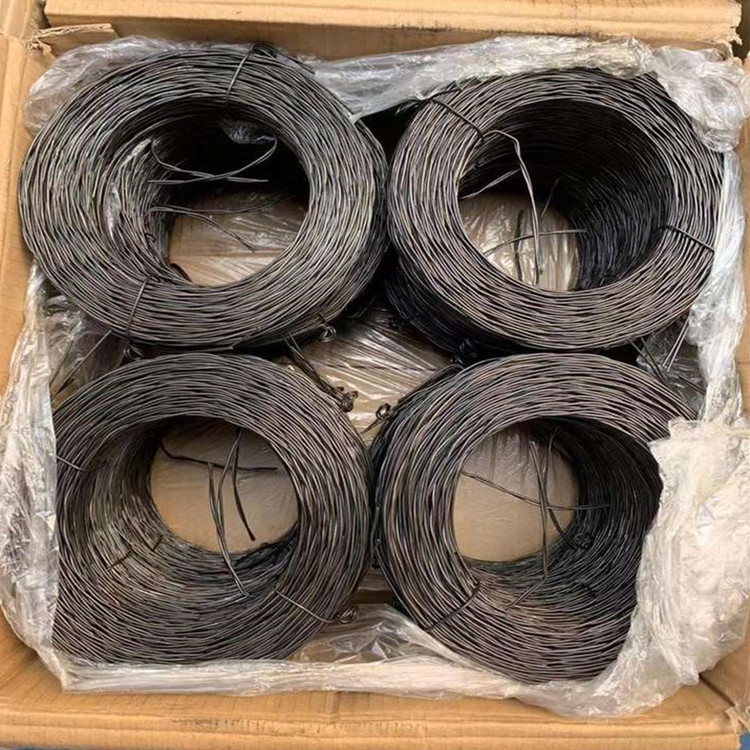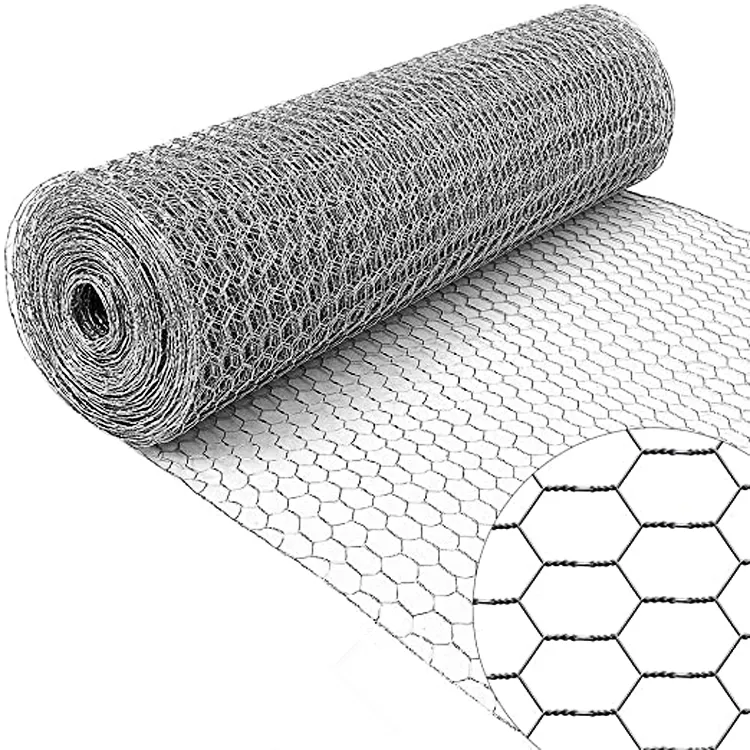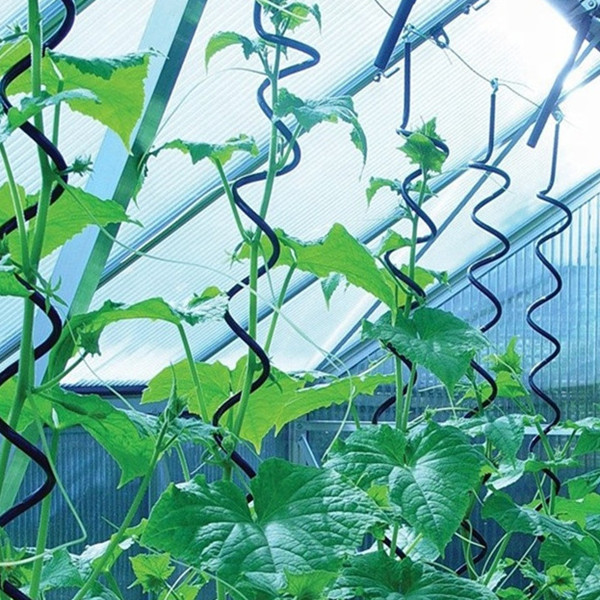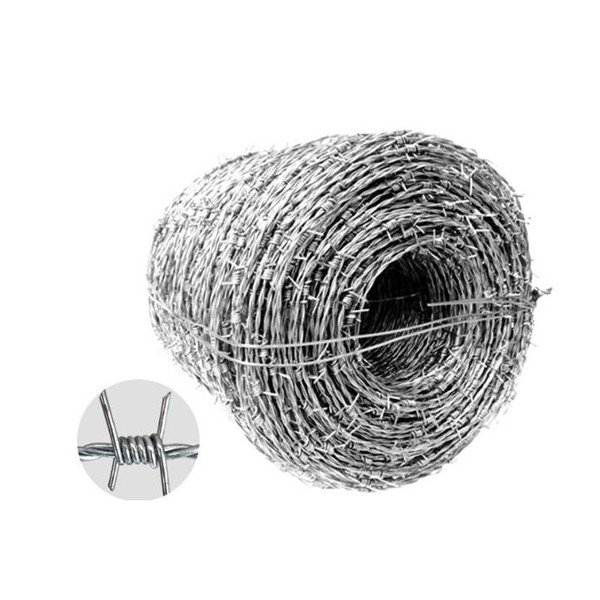Understanding Black Annealed Twisted Wire: Industry Trends and Innovations
In the dynamic landscape of industrial materials, the demand for reliable and cost-effective binding solutions remains paramount. black annealed twisted wire has emerged as a cornerstone product, particularly in construction, packaging, and agricultural sectors. This material, characterized by its superior flexibility and strength, is witnessing significant innovation driven by global shifts towards sustainable practices and enhanced operational efficiency.
Current industry trends highlight a growing emphasis on materials that offer an optimal balance between performance and environmental impact. Manufacturers are increasingly focusing on optimizing the annealing process to reduce energy consumption while maintaining the desired mechanical properties. Furthermore, the push for automated construction processes and mechanized bundling in agriculture is driving demand for consistently high-quality twisted wire that can perform reliably in automated systems. The market for black annealed products, including this specialized wire, is projected to expand, fueled by infrastructure development in emerging economies and the continuous need for robust binding solutions globally.
Technological advancements in wire drawing and twisting machinery are leading to improved dimensional accuracy and tensile uniformity, enhancing the material's suitability for precision applications. The integration of advanced quality control systems, utilizing non-destructive testing (NDT) methods, ensures that each batch of black annealed wire meets stringent international standards, contributing to greater safety and reliability in critical applications like rebar tying.
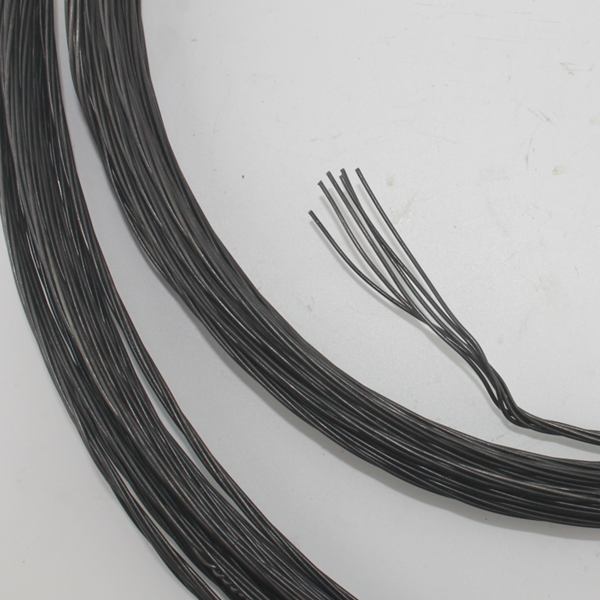
Figure 1: High-strength multi-strand black annealed twisted wire for heavy-duty applications.
Technical Specifications and Material Science
The performance characteristics of black annealed twisted wire are intrinsically linked to its material composition and the precision of its manufacturing. Typically produced from low carbon steel, such as SAE 1006, SAE 1008, or Q195, the raw wire undergoes a controlled thermal process known as annealing. This process involves heating the wire to a specific temperature (typically 700-900°C) and then slowly cooling it, which recrystallizes the steel's grain structure, significantly reducing its hardness and increasing its ductility and elongation. This makes the wire exceptionally pliable, an essential characteristic for manual and automated tying applications, allowing for tight, secure knots without fracture.
The "black" designation refers to the oxide layer formed on the wire's surface during the annealing process, which provides a degree of corrosion resistance and contributes to its distinctive appearance. The twisting aspect involves bundling multiple strands of this annealed wire together and twisting them along their longitudinal axis. This creates a stronger, more resilient wire with enhanced resistance to unraveling and improved handling characteristics, especially for applications like rebar twist ties.
Key Technical Parameters
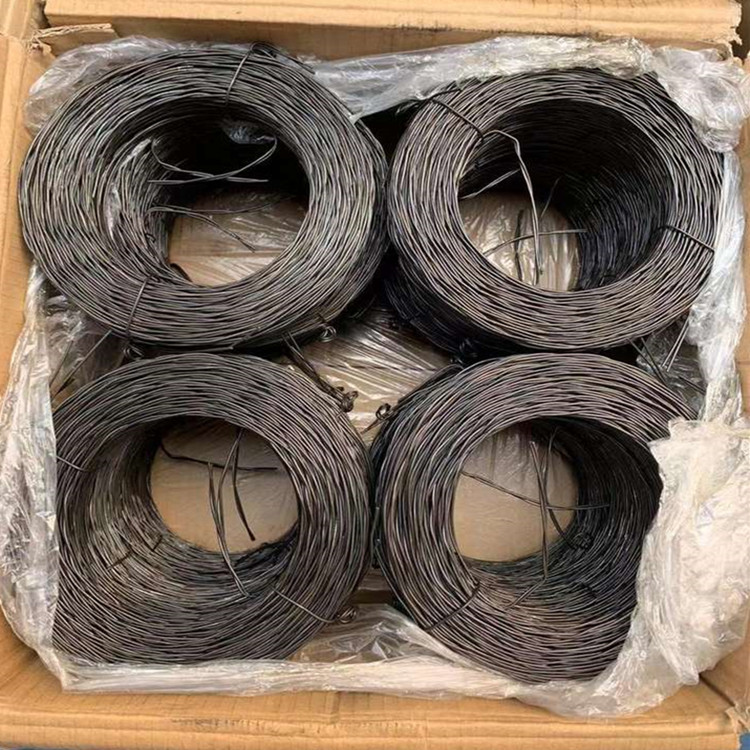
Figure 2: Raw black annealed wire before the twisting process, showcasing its characteristic dark finish.
The Manufacturing Process: From Rod to Rebar Twist Tie
The production of black annealed twisted wire is a multi-stage process, demanding precision and adherence to strict quality control protocols to ensure a consistent and high-performance end product. The journey typically begins with high-quality steel wire rods.
Detailed Process Flow:
- Wire Rod Selection & Preparation: High-grade low carbon steel wire rods (e.g., 6.5mm, 8mm) are selected for their metallurgical purity and consistent composition. These rods undergo descaling, often mechanically or chemically, to remove surface impurities and oxides, preparing them for the drawing process.
- Wire Drawing: The descaled rods are then drawn through a series of dies, gradually reducing their diameter to the desired gauge. This cold drawing process increases the tensile strength of the wire and refines its microstructure. Advanced CNC machining in drawing machines ensures precise diameter control.
- Annealing (Heat Treatment): This is a critical step. The drawn wire is heated in an inert atmosphere or a controlled oxygen environment within an annealing furnace. The temperature (typically 700-900°C) and holding time are carefully controlled. This process relieves internal stresses, increases ductility, and provides the characteristic "black annealed" finish, which also imparts some corrosion resistance by forming a stable iron oxide layer. This step is crucial for achieving the "soft" property essential for easy manipulation, especially as a soft twist tie.
- Twisting: Multiple strands (e.g., 2, 3, or 4 strands) of the annealed wire are fed into a specialized twisting machine. The strands are helically twisted together, creating a multi-strand twist wire. The pitch and tightness of the twist are precisely controlled to ensure structural integrity and consistent performance for applications like rebar twist ties.
- Quality Control & Testing: Throughout the entire process, rigorous testing is conducted. This includes tensile strength tests, elongation tests, chemical composition analysis, and visual inspections for surface defects. Finished products are often subjected to bend tests to confirm their ductility. Adherence to standards such as ISO 9001 for quality management and ASTM A853 for general purpose wire ensures consistent product quality and service life.
- Packaging: The finished black annealed twisted wire is then spooled into various formats, including small coils, large spools, or cut-to-length ties, depending on the customer's requirements and target industry. Packaging ensures the wire is protected during transit and storage.
This meticulous process ensures the wire meets the demanding requirements of target industries, including petrochemical (for minor binding and utility), metallurgy (for material handling), and construction (for concrete reinforcement tying). The primary advantages demonstrated in these scenarios include energy saving through reduced manual effort (due to its pliability) and enhanced corrosion resistance compared to plain bright wire, extending the longevity of bindings in exposure to mild environmental factors.
Key Applications and Usage Scenarios
The versatility and robust properties of black annealed twisted wire make it indispensable across a spectrum of industrial and commercial applications. Its pliability, coupled with its inherent strength from the twisting process, allows it to serve effectively in diverse environments where secure and durable fastening is required.
Primary Application Sectors:
- Construction Industry: This is arguably the largest application area. Rebar twist ties made from black annealed twisted wire are crucial for securely fastening reinforcing bars (rebar) in concrete structures. This ensures that the rebar cage maintains its integrity during concrete pouring, critical for the structural stability of buildings, bridges, and other civil engineering projects. Its ease of handling, whether by hand or with automatic tying tools, significantly speeds up construction timelines.
- Packaging and Bundling: For securing various packages, cartons, and bundled goods for transport or storage. The wire's softness prevents damage to goods while providing a strong, tamper-evident seal. Industries from logistics to manufacturing rely on its efficiency.
- Agriculture and Horticulture: Used for training vines, securing fences, bundling hay bales, or supporting plant structures. Its flexibility as a soft twist tie is highly valued here, allowing for gentle yet firm support without cutting into plant stems.
- Recycling and Waste Management: Employed in baling presses to compact and tie off bales of recyclable materials such as cardboard, plastics, and paper. The strength of the twist wire ensures that these large, dense bales remain intact.
- Crafts and General Use: While industrial in nature, its flexibility also lends itself to various general-purpose tying needs and even artistic applications where a malleable yet strong wire is required.
Customer Feedback Insight: A major construction firm, "Alpha Builders," reported a 15% increase in rebar tying efficiency after switching to a premium-grade black annealed twisted wire. Their project manager noted, "The consistency in gauge and the superior ductility meant less breakage, faster tying, and ultimately, significant labor cost savings. It handled perfectly with our automated tying machines, which is a testament to its uniform quality." This feedback underscores the tangible operational benefits derived from using high-quality materials.
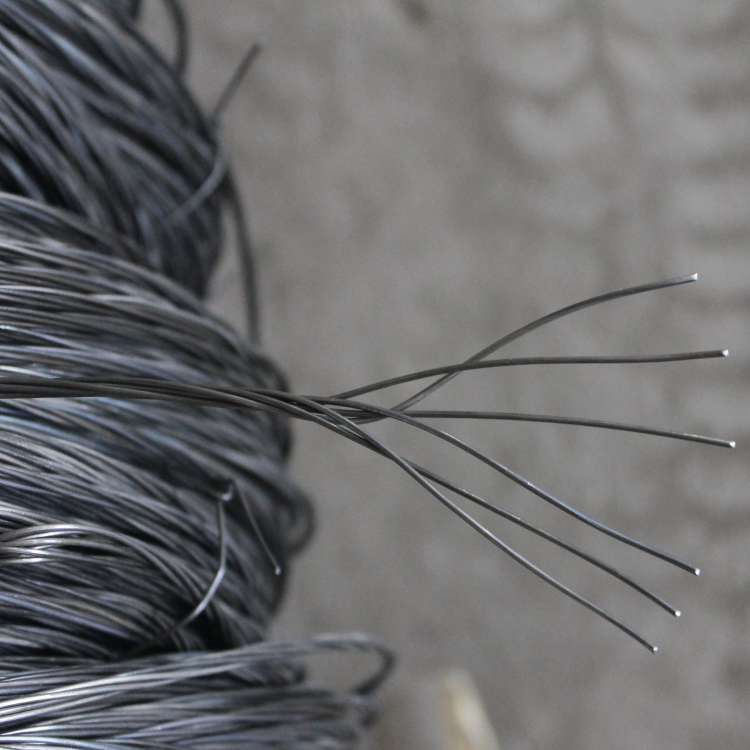
Figure 3: Black annealed twisted wire specifically designed for secure binding applications.
Technical Advantages and Performance Excellence
The distinctive manufacturing process of black annealed twisted wire bestows it with several critical technical advantages that differentiate it from other wire products, making it a preferred choice for demanding applications.
- Superior Ductility and Pliability: The primary advantage of the annealing process is the dramatic increase in the wire's ductility. This means the wire can be bent, twisted, and tied with minimal effort, reducing worker fatigue in manual applications and preventing breakage in high-speed automated tying machines. Its "soft" nature allows for exceptionally tight and secure knots without sacrificing material integrity.
- Enhanced Tensile Strength (Twisted Configuration): While annealing increases ductility, the subsequent twisting of multiple strands creates a synergistic effect, enhancing the overall tensile strength and fatigue resistance of the combined twisted wire. This multi-strand construction distributes stress more effectively, making it less prone to snapping under tension or sudden impact compared to single-strand annealed wire of the same gauge.
- Moderate Corrosion Resistance: The black oxide layer formed during annealing offers a foundational level of corrosion resistance, particularly against atmospheric moisture and mild industrial environments. While not comparable to galvanized or stainless steel, it provides sufficient protection for indoor applications and short-to-medium-term outdoor exposure, making it suitable for temporary construction ties.
- Cost-Effectiveness: Compared to galvanized or stainless steel wires, black annealed twisted wire offers a significantly more economical solution without compromising excessively on performance for its intended applications. This cost efficiency is a major driver for its widespread adoption in high-volume usage scenarios like construction.
- Excellent Knot Retention: Due to its softness and the interlocking nature of the twisted strands, this wire holds knots exceptionally well, resisting loosening even under vibration or dynamic loads. This is crucial for applications where the integrity of the tie is paramount, such as rebar cages.
- Reduced Tool Wear: The softer nature of the annealed wire reduces wear and tear on tying tools, whether manual pliers or automated tying machines, leading to lower maintenance costs and extended equipment lifespan.
These advantages collectively contribute to a highly reliable and efficient product that delivers consistent performance, reducing operational costs and enhancing safety in numerous industrial settings. The specific engineering of the twist also prevents unraveling during handling and application, a critical detail for operational efficiency.
Vendor Comparison and Customized Solutions
Selecting the right vendor for black annealed twisted wire is a critical decision that impacts project timelines, material quality, and overall cost-efficiency. While many suppliers offer this product, discerning B2B buyers prioritize several key factors beyond just price: consistent quality, adherence to specifications, reliable lead times, and the capability for customized solutions.
Key Differentiators in Vendor Selection:
- Quality Certifications: Reputable vendors hold certifications such as ISO 9001, demonstrating a commitment to quality management systems throughout their manufacturing process.
- Material Traceability: The ability to trace raw material origins and batch numbers ensures accountability and helps in troubleshooting if issues arise.
- Testing and Verification: Vendors providing detailed test reports (e.g., tensile strength, elongation, chemical analysis) for each batch offer greater assurance of product performance.
- Production Capacity and Lead Time: A vendor's ability to meet large volume orders and adhere to agreed-upon delivery schedules is crucial for project continuity.
- Customization Capabilities: The flexibility to provide non-standard gauges, specific twist counts, custom coil sizes, or specialized packaging is a significant advantage.
Product Comparison: Black Annealed Twisted Wire vs. Alternatives
Customized Solutions:
Recognizing that standard products may not always fit specific project requirements, leading manufacturers offer extensive customization options for black annealed twisted wire. These include:
- Custom Wire Gauge: Beyond standard sizes, specific diameters can be manufactured to match unique tensile strength and flexibility requirements.
- Variable Strand Count and Twist Pitch: The number of twisted strands (e.g., 2-strand, 3-strand, 4-strand) and the tightness of the twist can be adjusted to influence overall strength, flexibility, and anti-unraveling properties.
- Specific Coil Sizes and Packaging: From small, hand-held coils for manual use to large, heavy-duty spools for automated machinery, packaging can be tailored. Cut-to-length ties (e.g., for specific rebar sizes) are also a common request.
- Material Certification: Providing specific material certifications (e.g., EN standards, JIS standards) based on the target market's regulatory requirements.
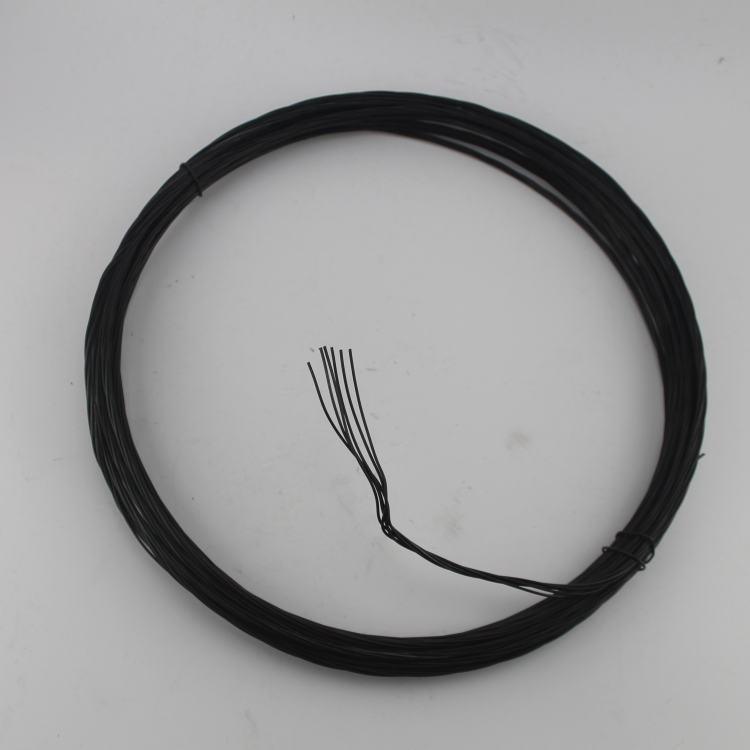
Figure 4: A specialized 7-strand black annealed twisted tie wire, demonstrating customization capabilities.
Real-World Application Case Studies
The practical benefits of black annealed twisted wire are best illustrated through real-world applications where its specific properties directly contributed to project success, operational efficiency, and cost savings. These case studies highlight the material's robustness and versatility in demanding environments.
Case Study 1: Large-Scale Infrastructure Project (Bridge Construction)
- Client: Major Civil Engineering Contractor (APAC region).
- Challenge: Secure thousands of tons of rebar for multiple bridge sections and piers, requiring rapid installation with high reliability under stringent safety standards. The project demanded a wire that could handle both manual and automated tying tools efficiently, minimizing wire breakage and rework.
- Solution: The contractor opted for 3-strand black annealed twisted wire, supplied in large spools for automated rebar tying machines and smaller coils for manual detail work. The wire's consistent ductility and high tensile strength ensured tight, secure ties without frequent breakages.
- Outcome: The project experienced a 20% increase in tying speed compared to previous projects using single-strand wire, primarily due to reduced wire jamming in machines and fewer manual re-ties. The strong, stable rebar cages contributed to the structural integrity and timely completion of key bridge sections.
Case Study 2: Agricultural Baling Operation (Hay and Fodder)
- Client: Large-scale farming cooperative (North America).
- Challenge: The cooperative required a durable yet flexible twist wire for baling hay and fodder. The wire needed to withstand the immense pressure of the baling machine, resist premature corrosion during outdoor storage, and provide a secure tie that wouldn't loosen, ensuring bale integrity during transport and handling.
- Solution: A specialized gauge of black annealed twisted wire with enhanced surface treatment was provided. Its pliability was crucial for the baling machine's knotters to form tight, reliable knots consistently, while the twisted structure added significant strength to hold compacted bales.
- Outcome: The cooperative reported a substantial reduction in bale failures (less than 1% failure rate), which minimized material loss and operational downtime. The enhanced corrosion resistance of the black annealed finish also ensured bales stored outdoors maintained their integrity longer, leading to improved product quality and market value.
Case Study 3: Industrial Recycling Facility
- Client: Major Waste Management and Recycling Corporation (Europe).
- Challenge: The facility needed a reliable and strong binding solution for baling compacted paper, cardboard, and plastic waste. The wire had to withstand significant stress from the baler and be resistant to common contaminants found in waste streams. Consistency was key for automated baling operations.
- Solution: A heavy-gauge black annealed twisted wire was supplied, specifically designed for high-density baling. Its robust construction prevented breakages during the high-pressure baling process and subsequent handling.
- Outcome: The corporation achieved a sustained high throughput in their baling operations, with minimal machine downtime attributed to wire-related issues. The robust bales were easier to transport and store, optimizing logistics and reducing operational costs significantly. The twist wire proved to be a critical component in maintaining efficiency for their large-scale recycling efforts.
Trust and Reliability: FAQs, Logistics, and Support
Establishing trust with B2B clients goes beyond product specifications; it encompasses transparent communication, reliable logistics, and unwavering customer support. Here, we address common inquiries and outline our commitment to client satisfaction for black annealed twisted wire.
Frequently Asked Questions (FAQs):
- Q: What makes black annealed twisted wire different from standard bright wire?
- A: The annealing process significantly increases the wire's ductility and softness, making it easier to bend and tie without breaking. The "black" finish provides a slight increase in corrosion resistance and its characteristic appearance. The twisting of multiple strands further enhances strength and prevents unraveling.
- Q: Is this wire suitable for automated tying machines?
- A: Absolutely. Our black annealed twisted wire is manufactured with consistent diameter and exceptional ductility, ensuring smooth feeding and reliable knotting in most automated rebar tying machines and balers. We recommend confirming compatibility with your specific machine model.
- Q: What are the common packaging options?
- A: We offer various packaging solutions, including small coils (e.g., 1-5 kg) for manual use, larger spools (e.g., 25-50 kg) for heavy-duty applications, and custom cut-to-length ties. All packaging is designed to protect the wire and facilitate easy handling.
- Q: How does the twisted configuration impact performance?
- A: The twisted configuration provides increased overall strength, superior resistance to unraveling, and enhanced flexibility compared to single-strand wire. It also distributes stress more evenly, reducing the likelihood of fatigue failure in dynamic applications.
Lead Time and Fulfillment:
We maintain robust production capacities and efficient logistics networks to ensure timely delivery of black annealed twisted wire. Standard orders typically have a lead time of 10-15 business days, subject to order volume and current production schedule. For urgent requirements or large-scale projects, we offer expedited production and shipping options. Our fulfillment team works closely with clients to coordinate delivery schedules that align with project timelines, utilizing trusted freight partners for both domestic and international shipments.
Warranty Commitments:
Our black annealed twisted wire products are backed by a comprehensive quality warranty. We guarantee that our wire meets or exceeds the technical specifications and industry standards outlined at the time of purchase. Any product found to be non-compliant with agreed-upon specifications or exhibiting manufacturing defects will be promptly addressed, including replacement or credit, subject to our standard terms and conditions. Our commitment is to provide products that perform reliably and consistently.
Customer Support Information:
Our dedicated technical support and customer service teams are available to assist with product selection, technical inquiries, order tracking, and any post-sales support needs. We offer:
- Direct phone support during business hours.
- Responsive email support for detailed inquiries.
- Access to technical data sheets and material safety data sheets (MSDS).
- Experienced sales engineers to provide consultation on custom solutions.
We pride ourselves on building long-term partnerships through exceptional product quality and responsive service.
References:
- ASTM International. (2020). ASTM A853/A853M, Standard Specification for Steel Wire, Carbon, for General Purpose.
- ISO. (2015). ISO 9001:2015, Quality management systems – Requirements.
- ASM International. (2002). ASM Handbook, Volume 4: Heat Treating.
- Wang, L., & Li, D. (2018). Mechanical Properties and Microstructure of Low Carbon Steel Wires After Annealing Process. Journal of Materials Engineering and Performance, 27(8), 4165-4172.
- The Wire Association International. (2019). Wire and Cable Technology International Handbook.





